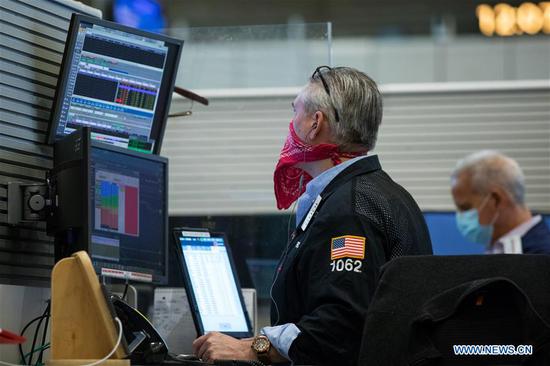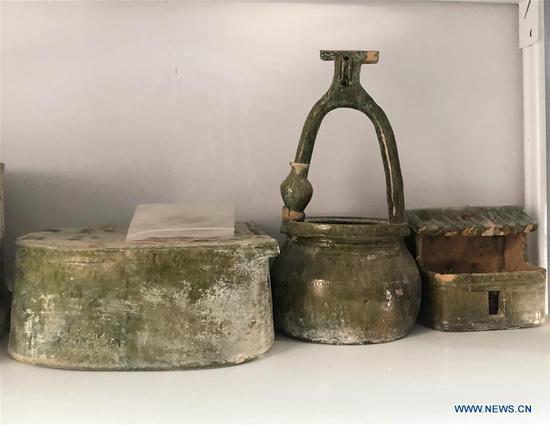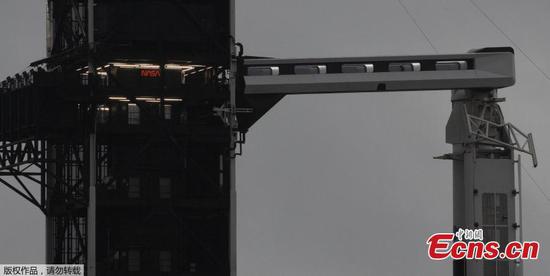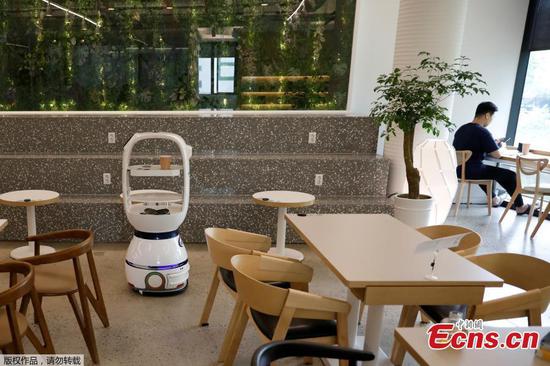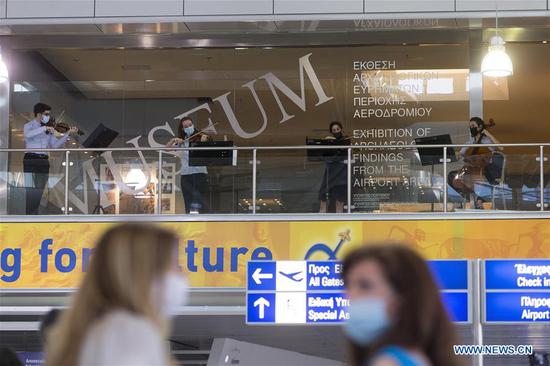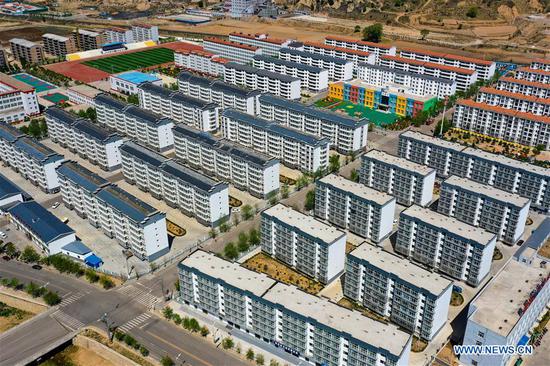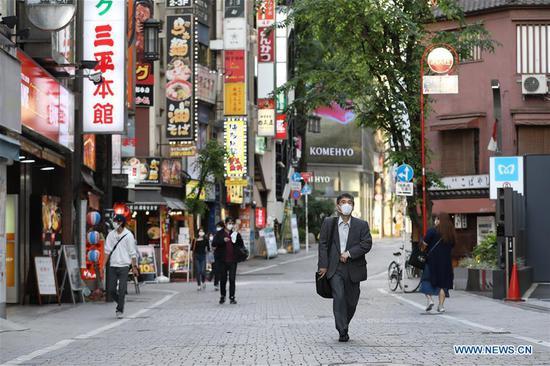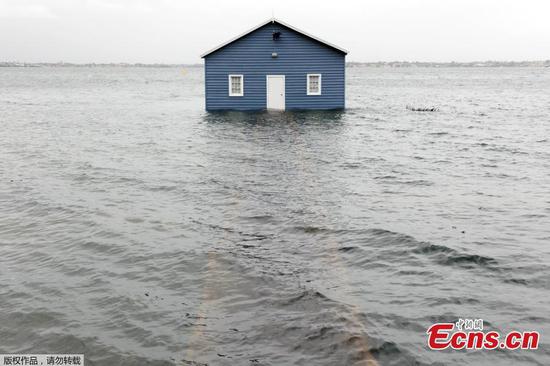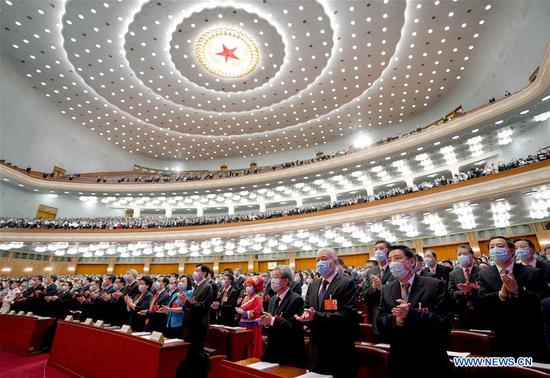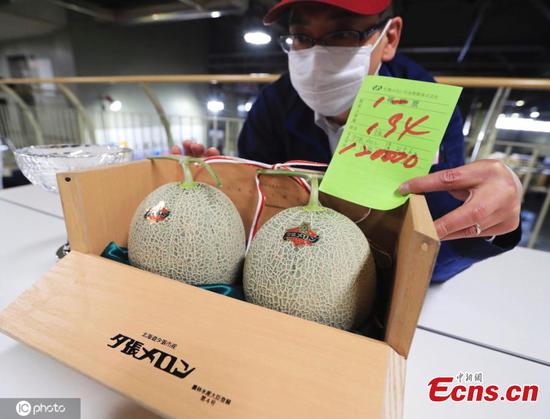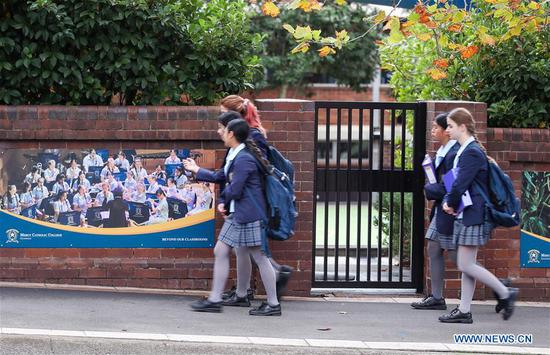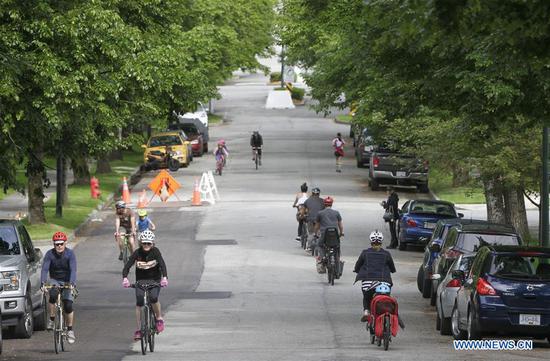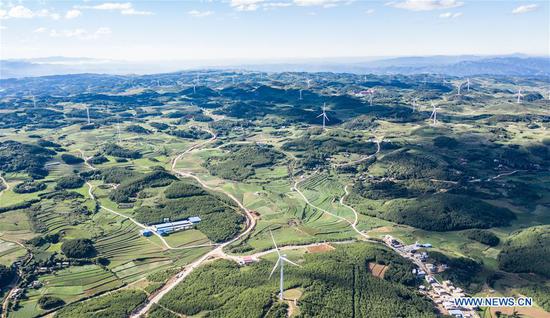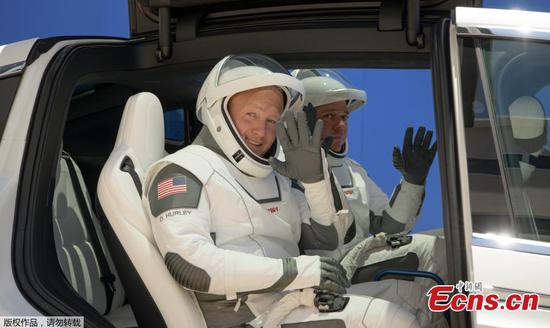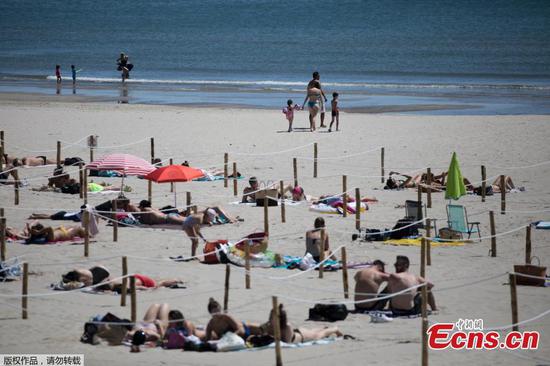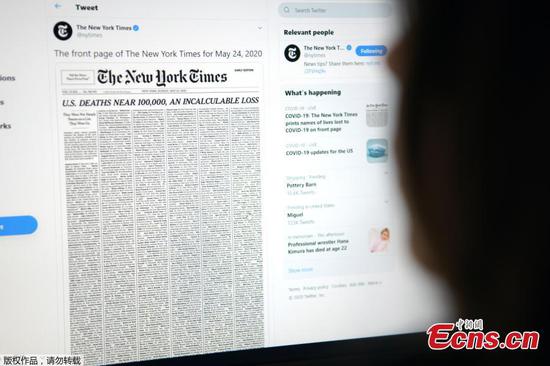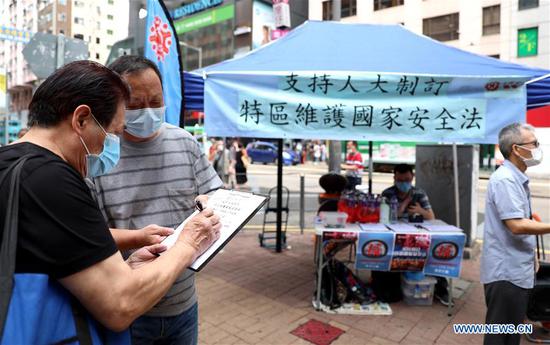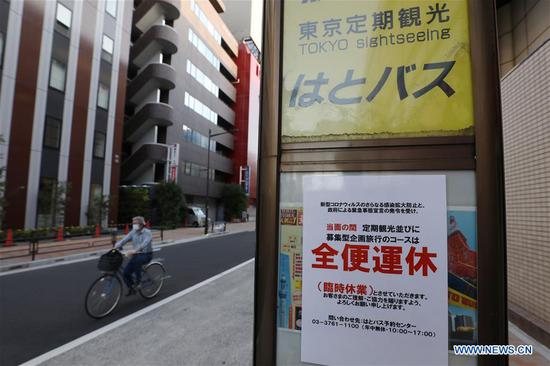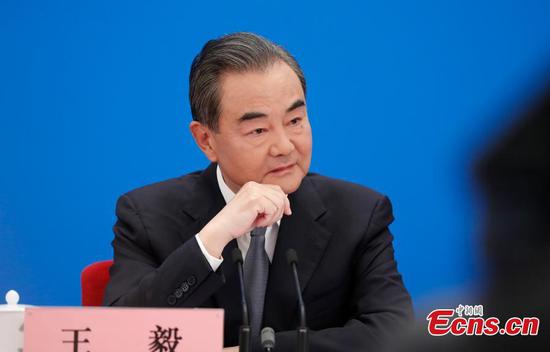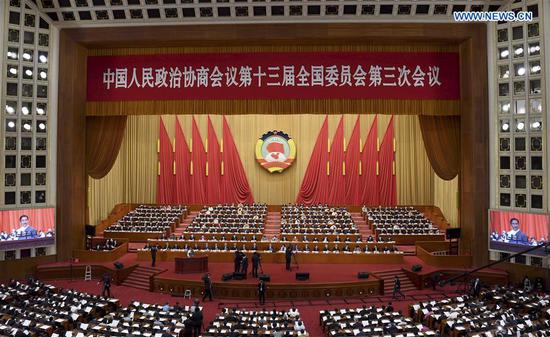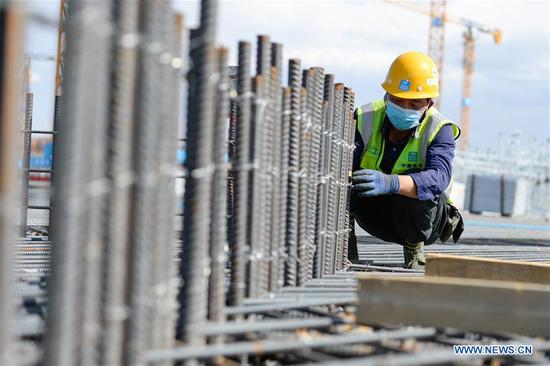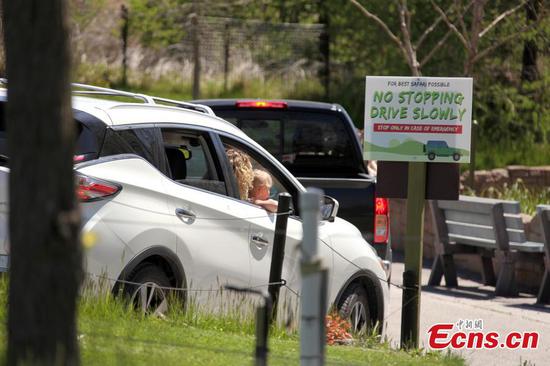Around 5,000 lawmakers and political advisors have offered their insights into China's economic and social development at the ongoing annual sessions of the national legislature and political advisory body, known as the "two sessions."
A wide range of topics are covered by bills and proposals submitted by deputies of the National People's Congress (NPC) and members of the Chinese People's Political Consultative Conference (CPPCC) National Committee.
Public health-related issues are of great concern. Luo Jie, an NPC deputy and president of the Taihe Hospital in Shiyan, Hubei Province, highlighted the importance of reforming the system for disease prevention and control, and called for building a complete operational procedure from information reporting, epidemiological data analysis to differentiated control.
The suggestion raised by Zhang Boli, an NPC deputy from Tianjin, centered on solving the inadequacies of anti-epidemic materials.
Zhang, also an academician of the Chinese Academy of Engineering who had fought at the front line against COVID-19 in Wuhan, called for revising the law on the prevention and control of infectious diseases while improving the system of anti-epidemic supplies storage and distribution.
Yan Bin, a member of the CPPCC National Committee and chairman of Reignwood Group, stressed the importance of developing the health industry and advocating a healthy lifestyle among the public.
This year's government work report, submitted to the national legislature for deliberation, highlighted the importance of promoting employment, leveraging the role of market entities and improving people's livelihood.
As a political advisor in the economic sector, Liu Yonghao, also chairman of China's agricultural conglomerate New Hope Group, called on the government to make efforts to stabilize market entities, and channel more loans to private firms as well as to micro, small and medium-sized companies.
Liu Ting, a national lawmaker who works in the manufacturing industry, noticed a shortage of 20 million high-skilled workers in China, saying that it is one of the reasons behind the country's lack of innovation in the manufacturing sector.
In terms of new infrastructure, the government work report said China will develop next-generation information networks, expand 5G applications and build more charging facilities to promote the wider use of new energy vehicles.
New infrastructure construction will greatly boost economic development and improve people's livelihood, said political advisor Li Yanhong, CEO of China's internet giant Baidu, adding that his company will increase input and beef up research and development in such fields as artificial intelligence.
Noting China has laid a solid foundation for technological innovation, Pan Fusheng, an NPC deputy from Chongqing, urged improving the country's management system of technological innovation and making breakthroughs in key technologies that the country urgently needs.









